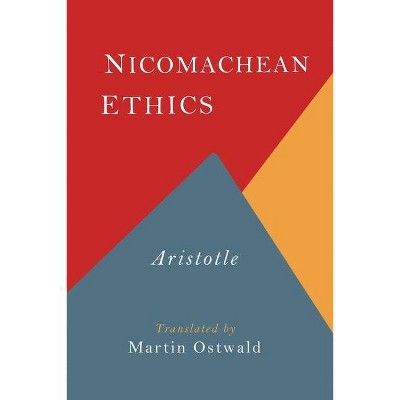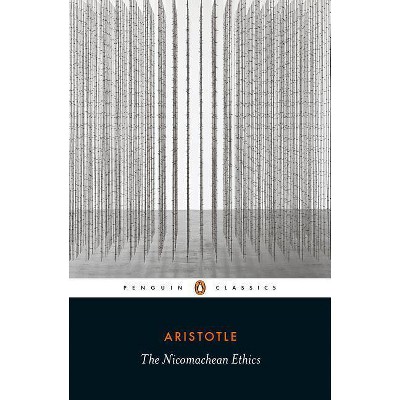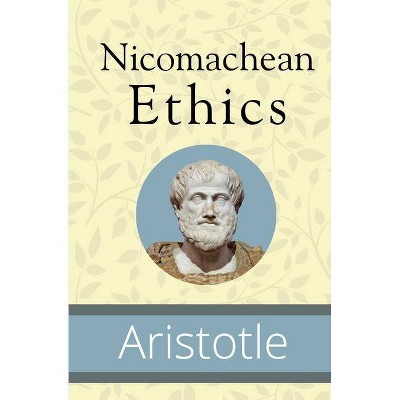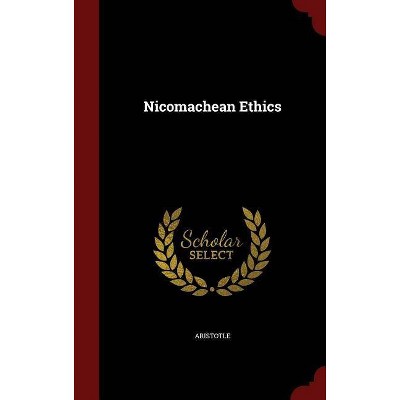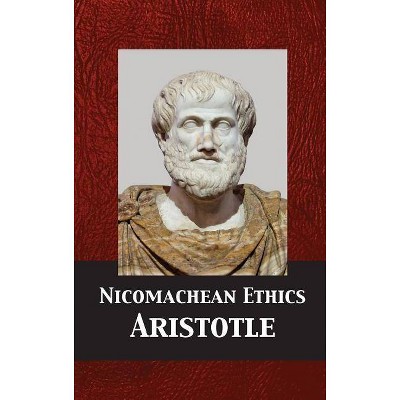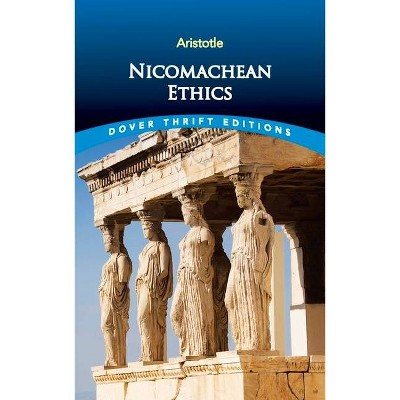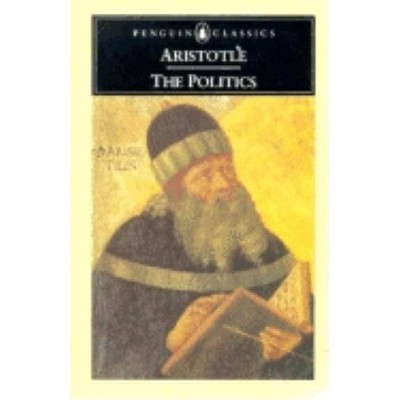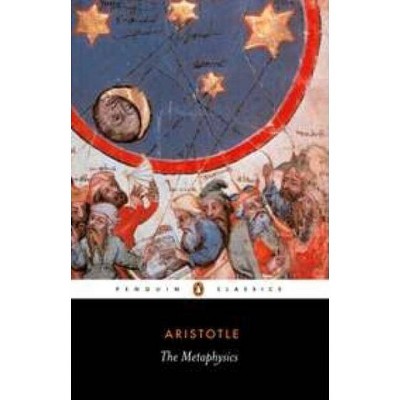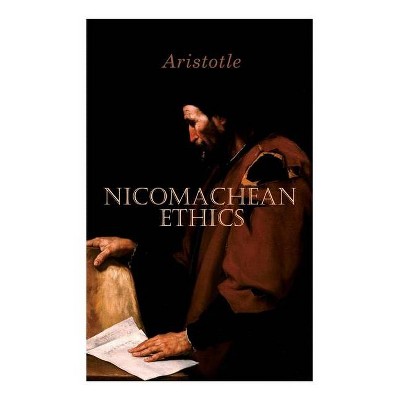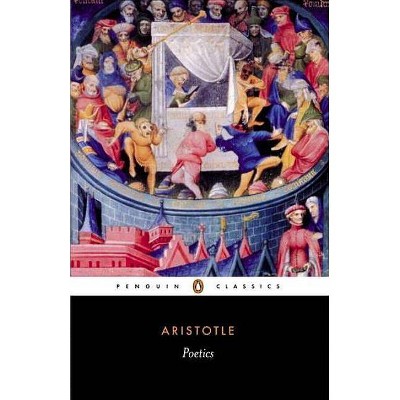The Nicomachean Ethics - (Penguin Classics) by Aristotle (Paperback)
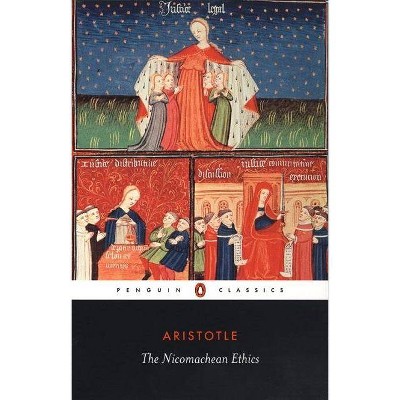
Similar Products
Products of same category from the store
AllProduct info
<p/><br></br><p><b> About the Book </b></p></br></br>"Previously published as Ethics."--T.p. verso.<p/><br></br><p><b> Book Synopsis </b></p></br></br><b>One swallow does not make a summer; neither does one day. Similarly neither can one day, or a brief space of time, make a man blessed and happy </b> <p/>Previously published as <i>Ethics</i>, Aristotle's <i>The Nicomachean Ethics</i> addresses the question of how to live well and originates the concept of cultivating a virtuous character as the basis of his ethical system. Here Aristotle sets out to examine the nature of happiness, and argues that happiness consists in 'activity of the soul in accordance with virtue', including moral virtues, such as courage, generosity and justice, and intellectual virtues, such as knowledge, wisdom and insight. The <i>Ethics</i> also discusses the nature of practical reasoning, the value and the objects of pleasure, the different forms of friendship, and the relationship between individual virtue, society and the State. Aristotle's work has had a profound and lasting influence on all subsequent Western thought about ethical matters. <p/>This Penguin Classics edition is translated from the Greek by J.A.K. Thomson with revisions and notes by Hugh Tredennick, and an introduction and bibliography by Jonathan Barnes. <p/>For more than seventy years, Penguin has been the leading publisher of classic literature in the English-speaking world. With more than 1,700 titles, Penguin Classics represents a global bookshelf of the best works throughout history and across genres and disciplines. Readers trust the series to provide authoritative texts enhanced by introductions and notes by distinguished scholars and contemporary authors, as well as up-to-date translations by award-winning translators.<p/><br></br><p><b> About the Author </b></p></br></br><b>Aristotle </b>was born in 384BC. For twenty years he studied at Athens at the Academy of Plato, on whose death in 347 he left, and some time later became tutor to Alexander the Great. On Alexander's succession to the throne of Macedonia in 336, Aristotle returned to Athens and established his school and research institute, the Lyceum. After Alexander's death he was driven out of Athens and fled to Chalcis in Euboea where he died in 322. His writings profoundly affected the whole course of ancient and medieval philosophy.
Price History
Price Archive shows prices from various stores, lets you see history and find the cheapest. There is no actual sale on the website. For all support, inquiry and suggestion messages communication@pricearchive.us
